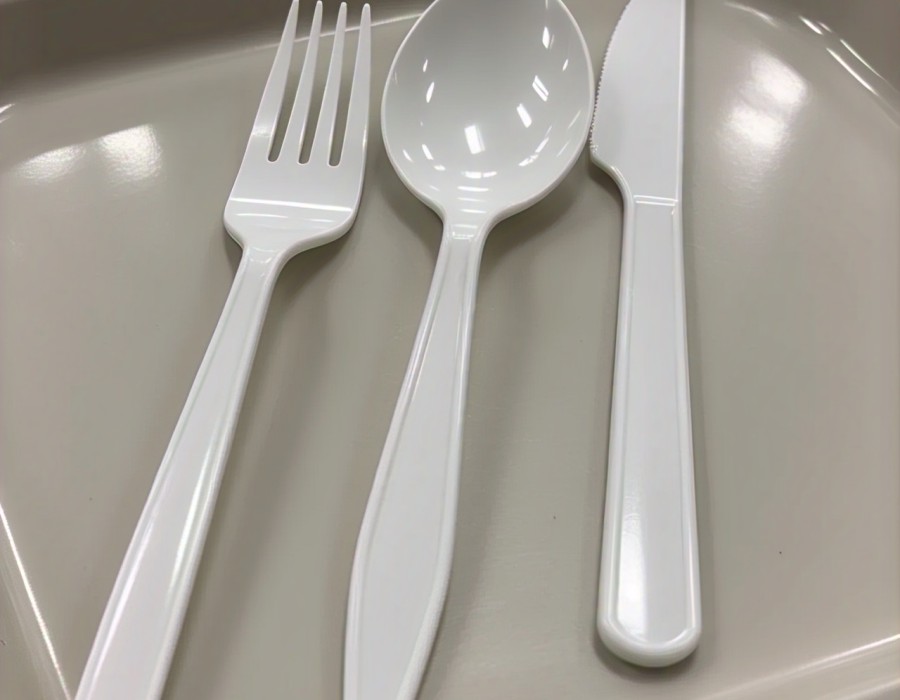The way we consume food has transformed dramatically in recent years, not only in what we eat, but how we serve it. As sustainability becomes a growing global concern, many people are turning away from plastic and foam-based disposables and seeking greener options that support environmental health.
This movement isn't just about reducing waste—it's about rethinking our everyday choices. One area that has seen a major eco-upgrade is tableware. Instead of using plastic plates that linger in landfills for centuries, more people are switching to products that biodegrade naturally, leaving no harmful footprint behind.
Why Traditional Disposables Are a Problem
Plastic plates may be cheap and convenient, but they come at a high cost to the planet. Most of them aren’t recyclable due to food contamination. Even those that make it to recycling plants often require enormous energy to process, and many end up polluting land and sea instead.
Key issues with conventional disposables:
- Long degradation time – Plastic plates can take up to 500 years to break down
- Toxic chemicals – Many contain BPA and other harmful substances
- Environmental pollution – Single-use plastics contribute to marine and wildlife damage
- High carbon footprint – Manufacturing and transporting plastic requires fossil fuels
These challenges have led to a growing interest in alternatives that are both functional and eco-conscious.
Enter the Era of Natural Tableware
In response to environmental demands, manufacturers are now producing disposable tableware from natural materials. These products offer the convenience of single-use items without the long-term impact of plastic.
Whether made from palm leaves, bamboo, wood, or crop waste, eco-friendly plates and utensils are designed to serve your meals—and the planet.
Benefits of choosing natural alternatives:
- Fully biodegradable – Many compost in 60–90 days
- Plastic-free – No microplastics or harmful residues
- Stylish aesthetics – Natural textures and colors enhance presentation
- Heat-resistant and sturdy – Handle everything from snacks to curries
- Guilt-free disposal – Toss into compost without worry
These advantages make natural tableware a great choice for anyone who wants to live more sustainably without sacrificing ease and style.
What Makes Organic Plates a Smart Choice
Among the many eco-friendly options available today, organic plates stand out for their purity and environmental integrity. These plates are typically made from organic plant materials—such as fallen palm leaves or sugarcane residue—without the use of pesticides or synthetic chemicals.
What sets them apart is their complete natural lifecycle. From harvesting to disposal, organic plates leave behind no toxins or pollutants, making them an ideal choice for people who are serious about sustainable living.
Features of organic plates:
- Naturally sourced – No trees are cut down, only fallen leaves or waste materials are used
- Zero additives – No bleach, dyes, or plastic coatings
- Compost-safe – Break down easily in home or industrial compost bins
- Food-safe – Non-toxic and chemical-free, safe even for kids
- Versatile – Suitable for hot, cold, wet, or dry foods
They are especially popular at eco-conscious events like green weddings, nature retreats, and plant-based festivals.
Sustainable Plates for Stylish Events
One common misconception is that eco-disposables are only for picnics or casual use. But modern biodegradable tableware has evolved to suit upscale events too.
With elegant textures and earthy tones, these plates can complement everything from rustic barn weddings to sophisticated garden dinners. They also photograph beautifully—perfect for Instagram-worthy moments at your event.
Best uses for eco-tableware:
- Weddings and receptions
- Birthday parties and anniversaries
- Corporate and business lunches
- Outdoor picnics and BBQs
- Cultural and community gatherings
Choosing natural tableware makes your event not only beautiful but also meaningful.
Exploring the Benefits of Wooden Disposables
Another excellent alternative for sustainable dining is wooden disposable plates. Crafted from fast-growing woods like birch or bamboo, these plates are carved or pressed into strong, elegant designs perfect for heavy foods.
Wooden plates are naturally durable and resistant to warping. They also offer a warm, rustic look that works for both casual meals and special occasions.
Why choose wooden plates:
- High strength – Great for foods like pasta, steak, and rice dishes
- Reusable feel – Offers the sturdiness of a regular plate with the convenience of disposability
- Refined finish – Smooth, splinter-free surfaces
- Environmentally responsible – Biodegradable, compostable, and chemical-free
- Minimal processing – Keeps manufacturing impact low
Wooden tableware pairs beautifully with other natural serving accessories, like bamboo cutlery and compostable cups.
Making the Switch: Small Changes, Big Impact
Sustainable living isn't about perfection—it's about making smarter choices every day. By simply choosing biodegradable plates over plastic ones, you're contributing to a cleaner environment, healthier ecosystems, and a better future.
Easy ways to reduce tableware waste:
- Keep a stash of compostable plates for guests or large dinners
- Use wooden disposables when entertaining outdoors
- Compost used plates at home or through municipal compost programs
- Educate friends and family about eco-alternatives
- Pair your plates with compostable cutlery and cups
Even one event or meal served with compostable tableware can save dozens of plastic items from ending up in a landfill.
Conclusion
Sustainability is more than a trend—it's a responsibility. As we rethink our daily choices, even simple items like plates can become powerful tools for change. Whether you opt for toxin-free organic plates or durable wooden disposable plates, you're taking a step toward reducing your environmental impact.
These plates offer not only convenience and style but also peace of mind. They're the kind of everyday upgrade that aligns with the values of conscious consumers—and helps the planet in the process.
Choose natural. Choose wisely. Choose a future that’s worth sharing, one plate at a time.





Comments